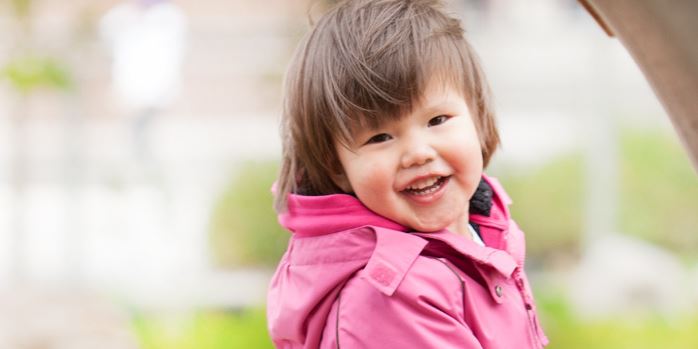Child behaviour and development
Understand the typical major development targets for children and get support for your family.
Getting support
Help is available if you think your child should be talking more, walking sooner or behaving differently. The earlier you get advice and support, the better. Often a child may only need a boost, or some extra help to reach those milestones.
Talk to an expert. Your family doctor can help assess your child and make referrals to other health professionals, if necessary. You can also visit a public health unit to talk to a nurse about child development, screening and referrals.
Join a program. Participate in local programs designed to help boost learning and development in young children.
Assessment and intervention
An assessment or evaluation may be needed to check your child's motor, language, cognitive, social and emotional development. It can help inform what types of treatment, resources or services will be helpful.
It's important to begin early intervention services if an assessment shows that your child has a developmental delay. Getting support that's tailored specially for them and their needs can help to prevent or reduce a disabling condition, especially in young children.
Support for Indigenous families
Parents or guardians of Indigenous children can get help and advice from experts and health professionals who are Indigenous or are part of the Indigenous community.
Families are also invited to participate in activities that are culturally sensitive and meaningful – this includes home visits, playgroups, parenting support classes and groups, and connecting with other parents or families.
Learn more about support for young Indigenous children:
The Science of Early Child Development (SECD) offers resources based on research about the impact of early childhood experiences.

